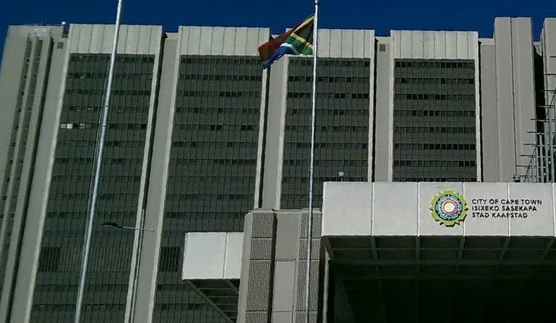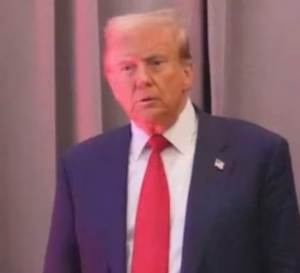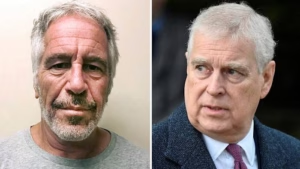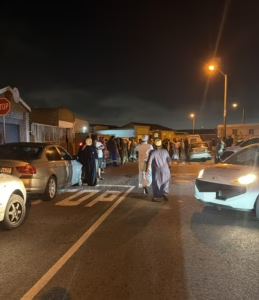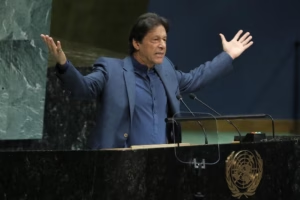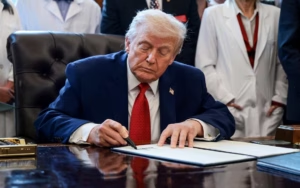A sweeping search and seizure operation at 26 locations across Cape Town has reignited debate about municipal accountability, tender corruption, and the future of public trust in local governance. The raids, carried out by the Commercial Crime Investigation unit of the South African Police Service (SAPS), followed whistleblower revelations of irregularities linked to contracts valued at roughly R1.6 billion.
Whistleblowers Demand Independent Oversight
The operation drew immediate responses from whistleblowers and political figures. Hanif Loonat, who has consistently raised concerns about alleged corruption in the City of Cape Town, said that only a fully independent audit could restore credibility.
Loonat, along with National Coloured Congress president Fadiel Adams, had already filed a criminal complaint in 2023 against city officials over suspected tender fraud totalling more than R300 million.
Conflicting Views on Clean Audits
The controversy is particularly striking given that Mayor Geordin Hill-Lewis announced in January that Cape Town had secured two consecutive clean audits. Both the 2022/2023 and 2023/2024 Annual Reports were praised for governance standards.
But Adams argued that the latest seizures expose weaknesses behind the glossy audit reports.
Political Reactions
The Democratic Alliance, which governs Cape Town, has long positioned the metro as a model of transparent administration. Yet rival parties maintain that emerging scandals tell another story.
GOOD Party Secretary-General Brett Herron, who also serves in the Western Cape Parliament, said:
It’s not only R1.6 billion looted from the Democratic Alliance’s led City of Cape Town, there’s another R1.8 billion scandal, yet the DA keeps receiving clean audit
🎥: Newzroom Afrika pic.twitter.com/sMluyG88QW
— SITHALE✍🏿 (@SithaleKgaogelo) October 2, 2025
The South African Communist Party (SACP) and African National Congress (ANC) caucus also weighed in, with SACP Provincial Secretary Benson Ngqentu emphasising the need for presidential intervention.
The DA always presents Cape Town as an incorruptible, excellent example of governance.
The truth is, they’re not who they say they are.
26 properties were RAIDED in the City of Cape Town.
This doesn’t occur without a reasonable suspicion that something horrible has happened.… pic.twitter.com/fkknU9T12z
— Liam Jacobs (@LiamJacobsZA) October 1, 2025
City’s Response
The City of Cape Town welcomed the police operation, noting its policy of zero tolerance on fraud. In a statement, the municipality confirmed its cooperation.
Mayco Member for Safety and Security JP Smith, however, accused Adams of spreading misinformation by suggesting a second raid had been launched at city offices.
Past Allegations Still Resonate
The City’s reputation for clean governance was already under pressure. In 2023, Malusi Booi, former Mayco Member for Human Settlements, was arrested in connection with a R1 billion housing tender fraud case. Although charges against Booi and his co-accused, including alleged 28s gang leader Ralph Stanfield and his wife Nicole Johnson, were withdrawn in June, the episode left lingering questions about municipal integrity.
Earlier this year, raids at the offices of Smith and Mayco Member for Energy, Xanthea Limberg, were later deemed unconstitutional by the Western Cape High Court. This decision sparked criticism from activists who argued that investigators should not be curtailed.
The Way Forward
The latest raids have deepened political divisions and sharpened public debate about accountability in Cape Town. For some, the city remains a model of efficiency and clean audits, while for others, the repeated emergence of high-profile corruption claims suggests systemic problems.
Whistleblowers and political leaders continue to insist that only the Special Investigating Unit can untangle the web of alleged collusion, gang-linked contracts, and questionable audits. Whether the President will act on calls for a proclamation authorising an SIU probe remains to be seen, but the mounting pressure underscores how fragile confidence in local governance has become.

